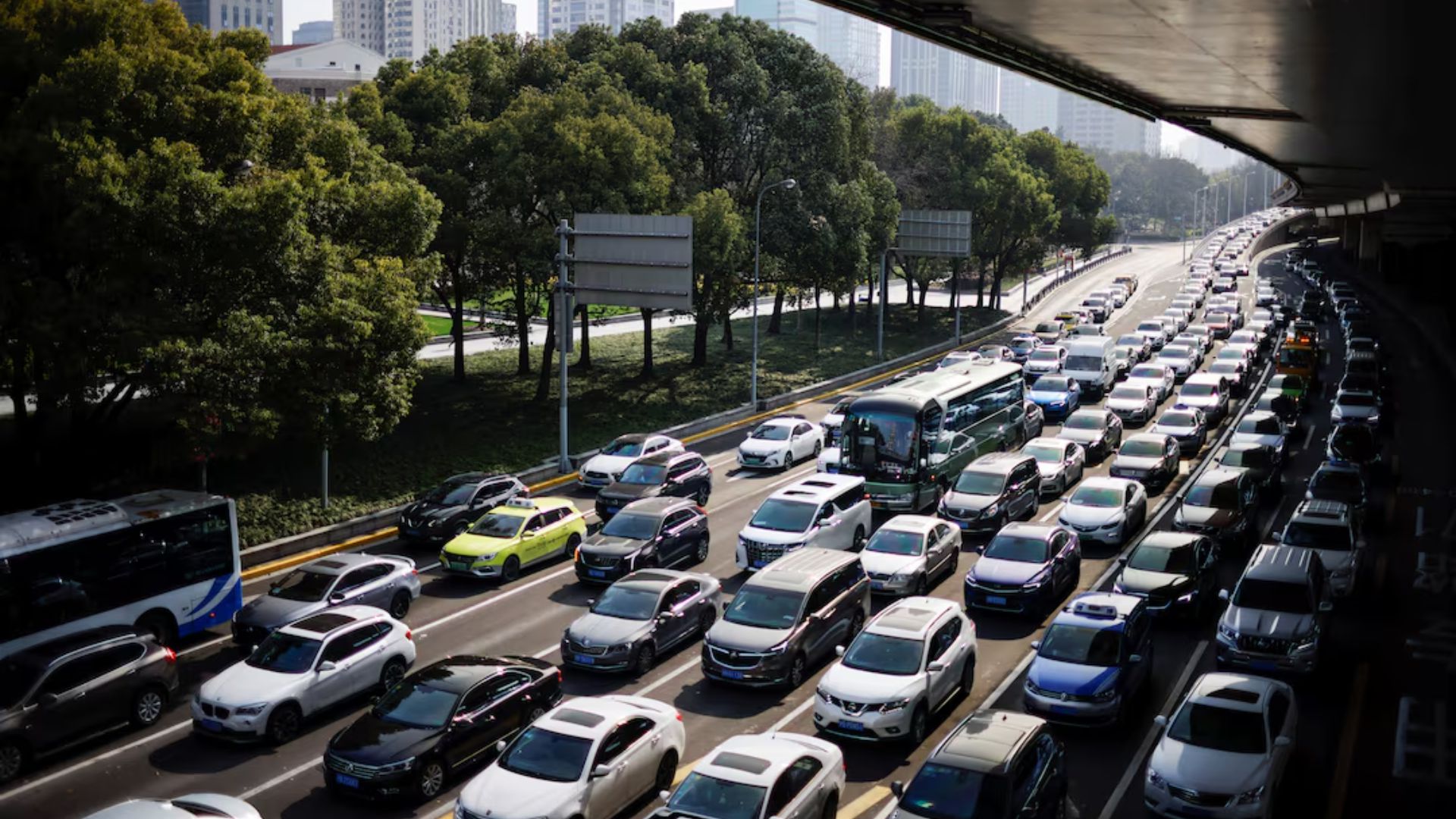BEIJING, (Reuters) – The prospect of European tariffs cut 20-30 percentage points off China’s growth in exports of electric and plug-in hybrid cars in recent months, an official at a leading Chinese auto industry body said on Monday.
Last week, the European Union introduced provisional tariffs of up to 37.6% on China-made electric vehicles (EVs) to safeguard against what it described as a potential flood of unfairly subsidised EVs – a move China strongly opposes.
The EU also took steps in March that meant tariffs could be imposed retroactively.
“New energy vehicle exports currently face temporary pressure,” Cui Dongshu, secretary general at the China Passenger Car Association (CPCA), said on Monday. New energy vehicles (NEVs) include electric cars and plug-in hybrids.
“Our (NEV export) growth used to be at least 30-40%, and it has slowed to only more than 10%, meaning (the tariffs) had a 20-30 percentage point impact on (NEV export growth), a conspicuous short-term impact,” Cui added.
He was speaking after the CPCA reported that China’s domestic car sales fell for the third month running in June.
NEV exports rose 12.3% year-on-year in June, but were down 15.2% from May, the data showed, with NEV exports accounting for 21% of total car exports, down 3 percentage points from June 2023.
Amid the EU’s crackdown, U.S. electric carmaker Tesla’s exports of China-made EVs in April-June fell to the lowest level since the third quarter of 2022, when its Shanghai factory operations were largely suspended during a COVID lockdown. Europe is the largest export market for Tesla EVs made at the Shanghai plant.
China’s total car exports for June rose 28% year on year following a 23% gain in May, underpinned by robust gasoline car exports, according to the CPCA.
Domestically, China’s car sales fell 6.9% in June from a year earlier, dropping for a third straight month as government incentives failed to spur consumer demand in a sputtering economic recovery.
Passenger vehicle sales totalled 1.78 million, with the pace of decline picking up from a 2.2% drop in May and a 5.8% fall in April.
A price war since 2023 helped to lift Chinese vehicle sales earlier in the year but is having less effect in recent months despite fresh government subsidies for trading in cars, which were announced in April.

For the first half of the year, China’s domestic car sales were up 2.9% at 9.93 million vehicles.
June sales of NEVs accounted for a record 48.1% of domestic car sales.

Overall growth in EV sales cooled to 9.9% from 27.4% in May while sales of plug-in hybrids jumped 67.2%, up from a 61.1% increase the previous month.
Underscoring weakness in consumer demand, a vehicle inventory alert index compiled by the China Automobile Dealers Association rose by 8.3 percentage points year on year to 62.3% in June.
Reporting by Qiaoyi Li, Zhang Yan and Sarah Wu; Editing by David Goodman and Mark Potter











